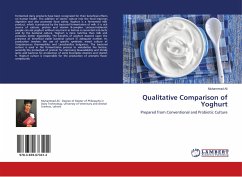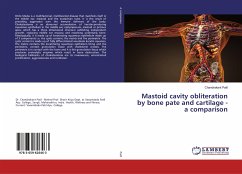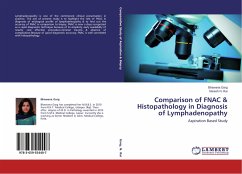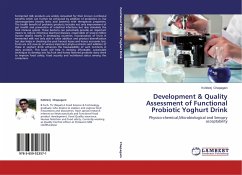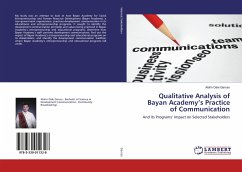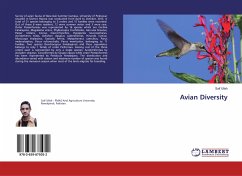Fermented dairy products have been recognized for their beneficial effects on human health. The addition of starter culture into the food improves digestion and also promotes food safety. Yoghurt is a fermented milk product, which is produced by the bacterial fermentation of milk. It is rich source of calcium, protein and vitamin B-complex. Lactose-intolerant people can eat yoghurt without any harm as lactose is converted into lactic acid by the bacterial culture. Yoghurt is more nutritive than milk and possesses better digestibility. The benefits of yoghurt depend upon the presence of beneficial viable bacterial culture in adequate number. Its production involves the use of specific symbiotic mixed culture of Streptococcus thermophilus and Lactobacillus bulgaricus. The bacterial culture is used in the fermentation process to metabolize the lactose, secondly the proteolysis of protein for improving bioavailability and thirdly lactic acid bacteria for production of some B-complex vitamins and vitamin K. Yoghurt culture is responsible for the production of aromatic flavor compounds.
Bitte wählen Sie Ihr Anliegen aus.
Rechnungen
Retourenschein anfordern
Bestellstatus
Storno

